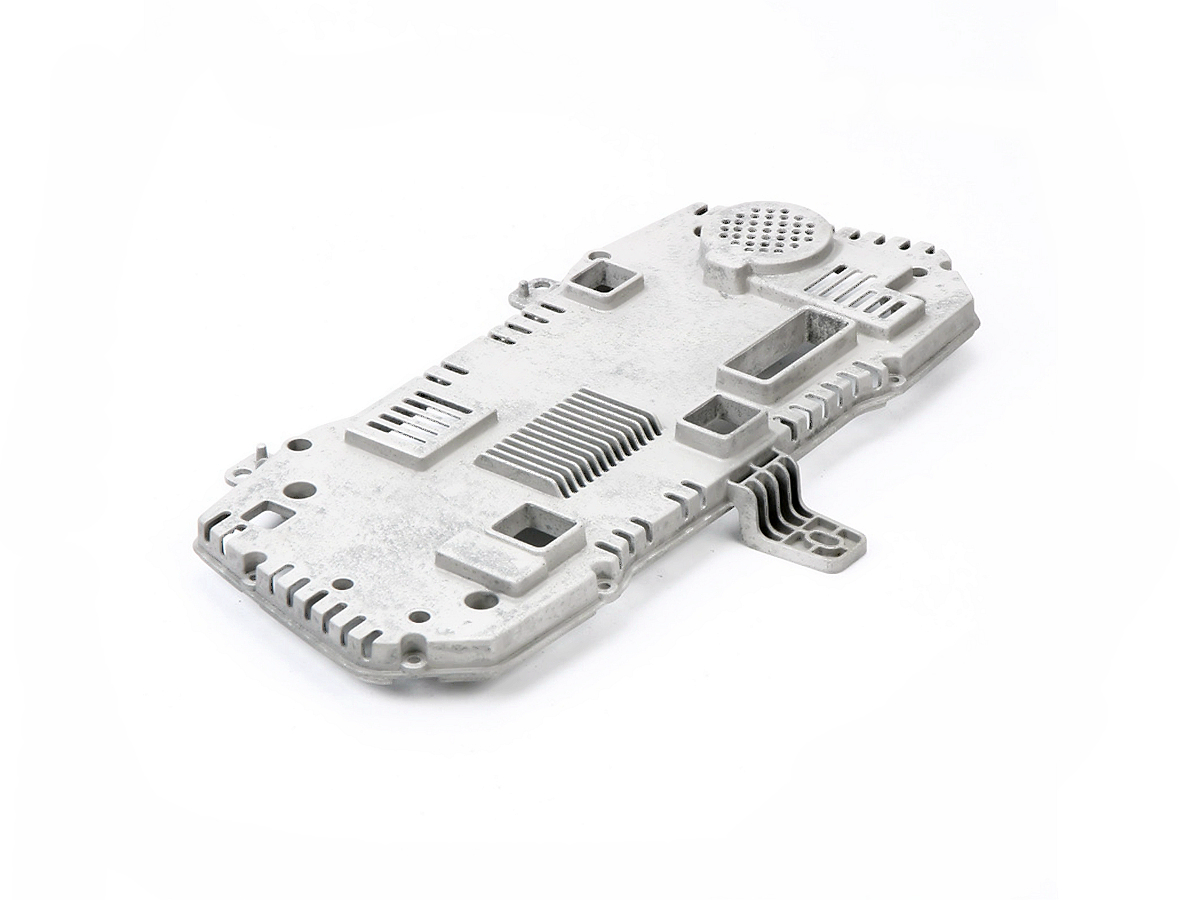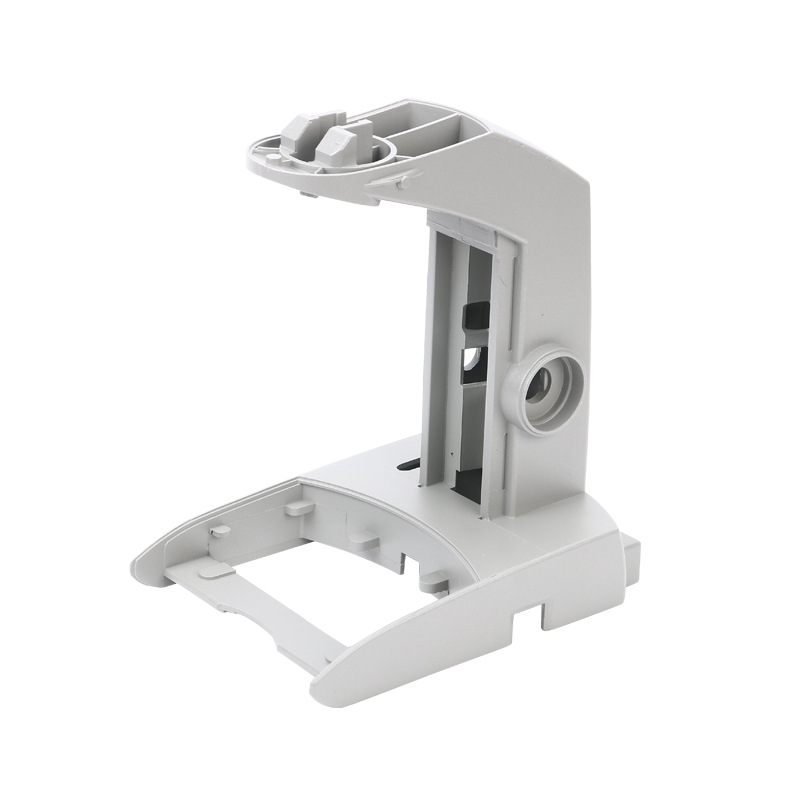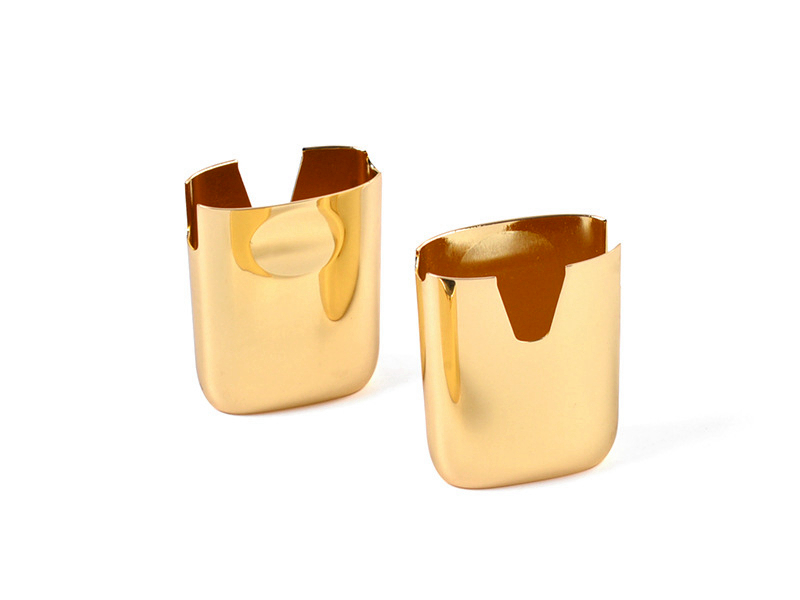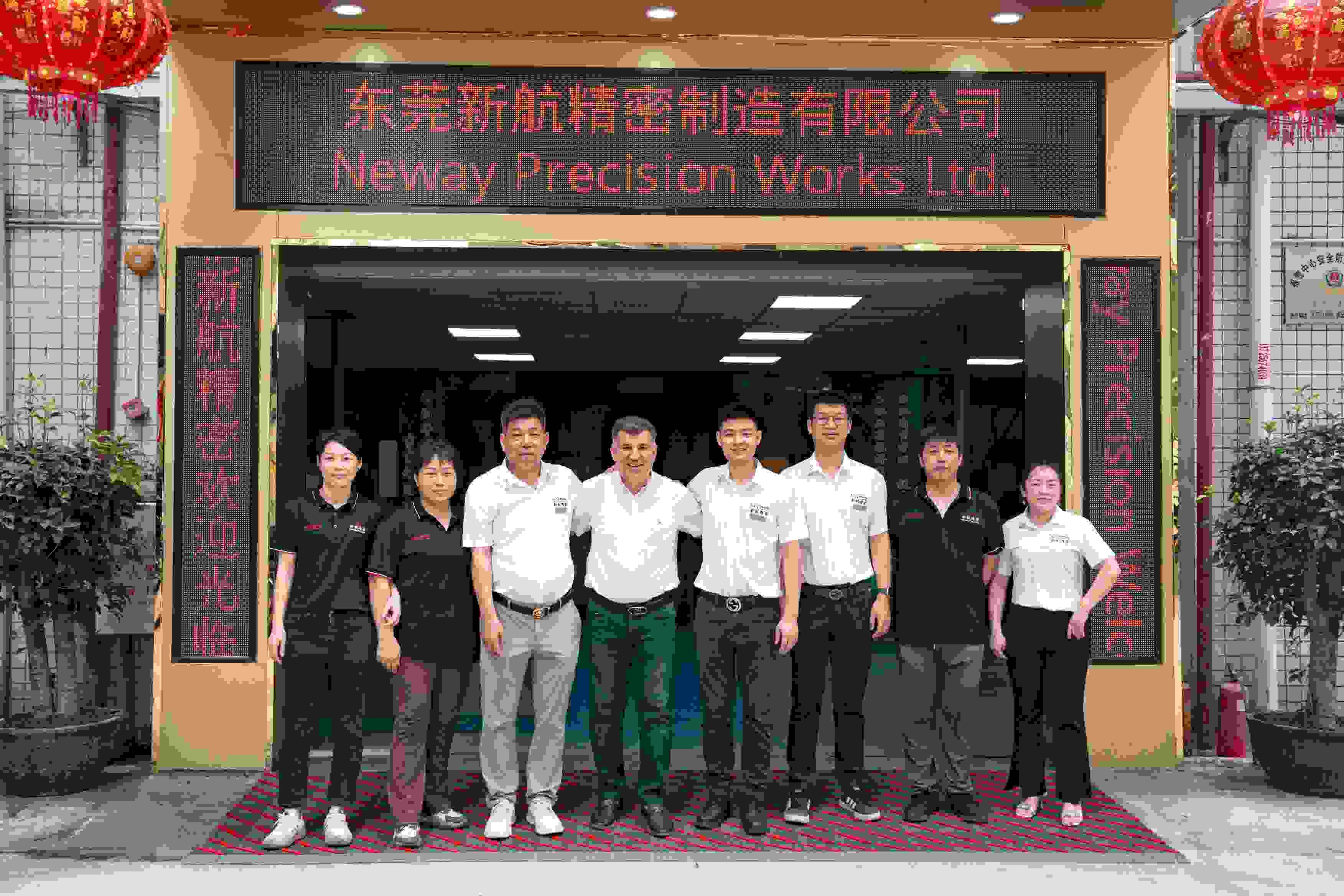Reliable Aluminum Die Casting for Medical Device Casings and Components
 In the medical industry, safety, precision, and hygiene are non-negotiable. Medical devices must perform consistently under rigorous operating conditions and comply with strict regulatory standards. From imaging systems to surgical tools and diagnostic equipment, the casings and structural components must be both mechanically robust and biocompatible. Aluminum die casting has emerged as a dependable solution for manufacturing these parts with tight tolerances, complex geometries, and clean finishes suited to clinical environments.
In the medical industry, safety, precision, and hygiene are non-negotiable. Medical devices must perform consistently under rigorous operating conditions and comply with strict regulatory standards. From imaging systems to surgical tools and diagnostic equipment, the casings and structural components must be both mechanically robust and biocompatible. Aluminum die casting has emerged as a dependable solution for manufacturing these parts with tight tolerances, complex geometries, and clean finishes suited to clinical environments.
At Neway, we provide aluminum die casting services tailored to the specific needs of medical device OEMs. Our custom casings, housings, and heat management components are designed and manufactured to meet FDA and ISO 13485-compliant product requirements.
Why Aluminum Die Casting is Ideal for Medical Device Manufacturing
Aluminum alloys are preferred in medical applications for their corrosion resistance, lightweight structure, and ability to maintain dimensional stability. High-pressure die casting enhances these properties by efficiently producing complex parts at high volumes.
Key Benefits
High strength-to-weight ratio with densities around 2.7 g/cm³
General tolerances of ±0.05 mm; critical features to ±0.02 mm
Excellent corrosion resistance and biocompatibility (when anodized or coated)
Non-magnetic and thermally conductive for sensitive electronic systems
Cycle times as low as 30 seconds for high-throughput production
These features make aluminum die casting ideal for internal structural parts and external housings requiring cleanroom compatibility, aesthetics, and precise fit.
Common Medical Components Manufactured with Die Casting
Aluminum die casting supports a wide range of applications in medical and healthcare equipment. Typical parts include:
Component Type | Application Examples | Key Requirements |
|---|---|---|
Device Housings | Portable monitors, infusion pumps, ventilators | Lightweight, impact resistance, finish compatibility |
Electronic Enclosures | ECG units, imaging equipment, diagnostic readers | EMI shielding, heat dissipation, sealing integrity |
Structural Frames | Surgical carts, robotic arms, lab analyzers | Load-bearing, tight tolerances, modularity |
Cooling Elements | Laser therapy units, LED-based diagnostic tools | Thermal conductivity, passive or active heat management |
Mounting Plates | Endoscopy consoles, x-ray system bases | Flatness, hole alignment, grounding |
Medical-Grade Aluminum Alloys and Standards
At Neway, we use alloys compliant with international medical equipment standards such as ASTM B85 and ISO 10993 (biocompatibility). The most frequently used materials are:
Alloy | Density (g/cm³) | Tensile Strength (MPa) | Features | Suitable For |
|---|---|---|---|---|
A380 | 2.74 | 317 | Good strength and corrosion resistance | Monitor casings, pump bodies |
A360 | 2.65 | 290 | Enhanced corrosion resistance and fluidity | Medical enclosures, heat sink components |
AlSi12 | 2.66 | 250–280 | Superior castability, suitable for thin-wall structures | Handheld device shells, control panels |
AlSi12 is particularly useful where wall thicknesses as low as 1.2 mm are needed without compromising structural integrity.
Manufacturing Precision and Surface Requirements
Medical devices often require zero-defect assemblies, and aluminum die casting provides the necessary repeatability and finish quality. At Neway, our manufacturing tolerances and surface control include:
Tolerance of ±0.05 mm for general features and ±0.02 mm for critical fits
Surface flatness within 0.08 mm over 200 mm contact area
Porosity level <0.5% (verified using X-ray inspection and vacuum tests)
Surface roughness Ra ≤ 1.6 µm after tumbling and sand blasting
We also use CNC post-machining for interfaces that require exceptionally tight tolerances and superior finishes.
Finishing and Cleanroom-Ready Treatments
Die cast medical components often require additional surface preparation for hygiene, cleaning compatibility, and aesthetics. Neway offers a comprehensive range of post-processing services:
Anodizing: provides a clean, non-reactive surface and improves wear resistance
Powder coating: durable finish options in matte or gloss, available in ISO 7784-2 compliant grades
Painting: medical white or color-coded options for device interfaces
Assembly: integration of fasteners, EMI shields, gaskets, and labels
All finishes are compatible with ISO 10993 for biological safety and ISO 13485 for medical manufacturing.
Tooling and Production Readiness
Neway’s tool and die making capabilities support short-run prototyping through full-scale mass production:
Die materials: H13 tool steel, with optional inserts for fast maintenance
Mold life: 75,000 to 150,000 cycles for aluminum parts
Tooling lead time: 4–6 weeks with full DFM validation
Multi-cavity tooling for small device series
Production capacity: 10,000–500,000 parts annually, depending on component size
We also support low-volume manufacturing and rapid prototyping for pilot runs, clinical evaluations, or product launches.
Case Study: Diagnostic Console Enclosure
A global diagnostics firm partnered with Neway to develop a protective enclosure for a new point-of-care testing system. Key project goals included:
Weight < 1.2 kg
Wall thickness between 1.5–2.5 mm
Surface roughness < 2.0 µm
Medical-grade paint and chemical resistance
Dimensional consistency across 50,000 parts
Neway used A360 aluminum with optimized cooling lines in the die, followed by precision machining and painting. The result was a smooth, durable enclosure rated IP54 and ISO 10993-compliant. Customer-reported scrap rates fell below 0.7% during full production.
Why Medical OEMs Trust Neway
Neway supports medical device developers with complete manufacturing solutions:
In-house engineering for design review and mold optimization
Traceable ISO 9001:2015 and ISO 13485-ready processes
Internal QA/QC with CMM, X-ray, salt spray, and drop testing
Clean assembly and kitting of device subcomponents
Logistics support for global shipment and regulatory documentation
Whether your goal is to reduce part weight, accelerate launch timelines, or ensure compliance, our die-casting services provide the consistency and traceability your product needs.
Conclusion
Aluminum die casting is a reliable and scalable solution for manufacturing high-precision medical device casings and internal components. With corrosion resistance, mechanical integrity, and excellent surface finish, aluminum castings meet the demands of modern healthcare environments. At Neway, we help medical OEMs design and produce parts that are accurate, regulatory-compliant, and ready for the clinical front line.
To begin your medical device project with Neway, contact us today.
FAQs
What certifications are required for aluminum die cast medical parts?
Are aluminum casings suitable for sterilization and cleaning agents?
What surface finishes are compliant with ISO 10993 or FDA guidelines?
How can die casting reduce assembly steps in complex medical devices?
What lead times are typical for tool development and pilot production?


